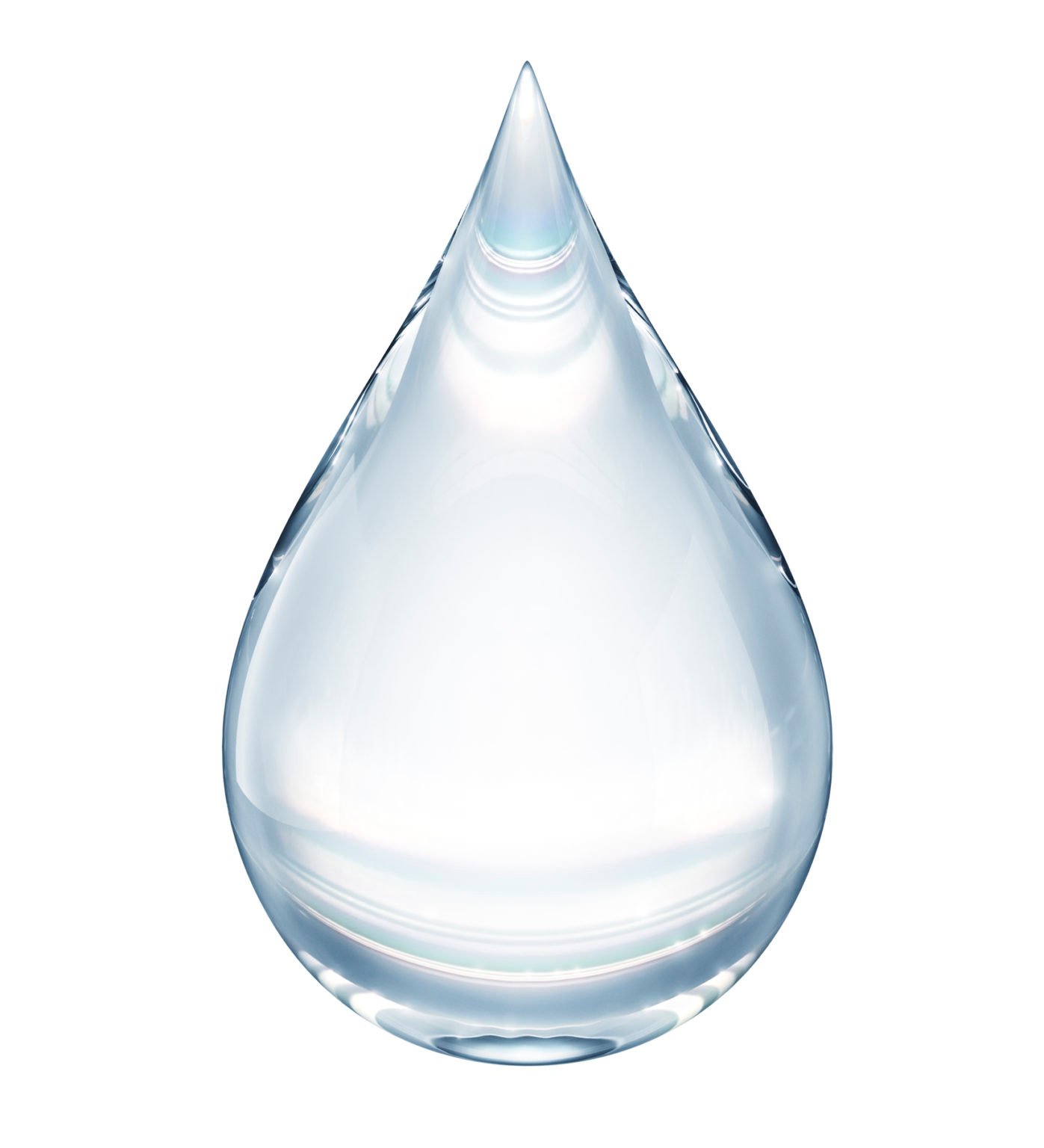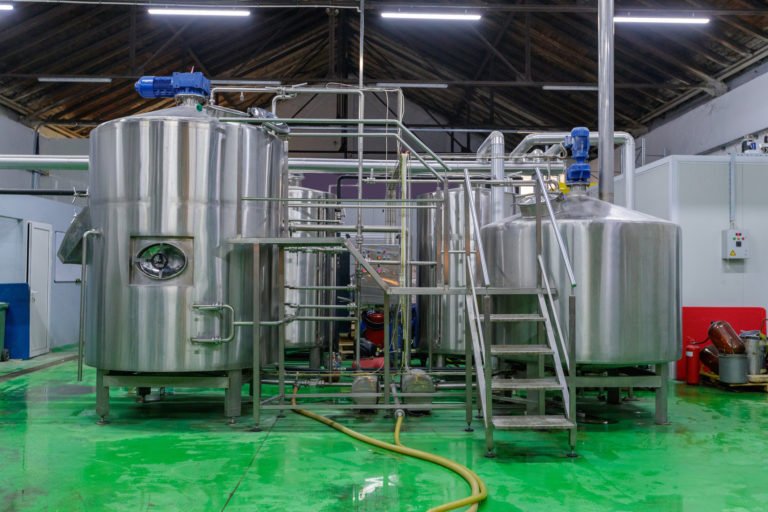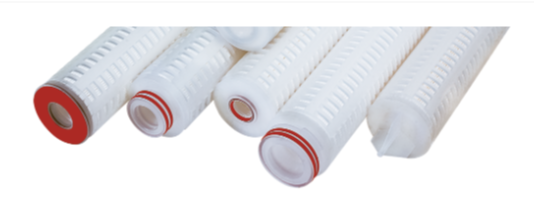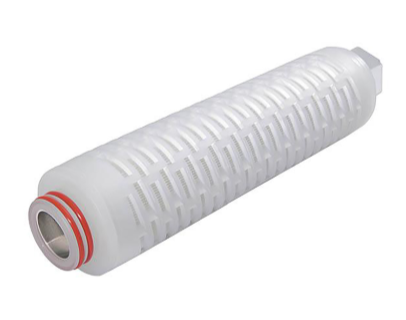- 9:00 am to 6:00pm
Hard Seltze
- Home
- Hard Seltze
Hard Seltzer Filtration
Hard Seltzer Filtration and Clarification Solutions
As a premier supplier of depth, pleated depth, and pleated membrane cartridges and filter vessels, ARNS Filter is a one-stop solution for hard seltzer filtration needs. Filtration is a crucial step in the production of hard seltzer. There are many types and flavors of hard seltzer but the production process is typically similar. The process requires critical operation procedures to produce consistent batches of hard seltzer. Proper filtration is crucial in ensuring product safety and shelf-life, while also protecting the process equipment. ARNS Filter designs and manufactures vessels and filters used in the hard seltzer industry. Our expertise allows us to optimize your hard seltzer production and product.
Filtration Solutions for Hard Seltzer

Filtration for the Clarification Step
For the clarification step, depending on hard seltzer composition (solid content, turbidity, microorganisms contents), we recommend using ARNS Filter’s pleated microglass FG & HFFG Series and/or pleated polypropylene cartridges & HFPP Series with a pore size rating of 1 to 3 microns. The FG-Series cartridge offers a low-pressure drop, high load capacity, and efficiency while assisting in haze retention due to the media’s inherent positive charge. This step also protects the membrane filter from being overloaded with particles and prematurely clogging.
Filteration for Microbial Retention
Before packaging, the third and final filtration step provides clarity to the hard seltzer while retaining residual yeasts, haze, and microbial contaminants that can potentially induce packaged fermentation and haze reformation, and interfere with seltzer preservation. For microbial contaminant retention, 0.45 or 0.8 micron-rated PES membrane cartridges are recommended. Retaining microorganisms is essential to providing a stable product, free from harmful contaminants

Filteration for Microbial Retention
Before packaging, the third and final filtration step provides clarity to the hard seltzer while retaining residual yeasts, haze, and microbial contaminants that can potentially induce packaged fermentation and haze reformation, and interfere with seltzer preservation. For microbial contaminant retention, 0.45 or 0.8 micron-rated PES membrane cartridges are recommended. Retaining microorganisms is essential to providing a stable product, free from harmful contaminants
Filtration After Chemical Reaction
During the chemical reaction, sub-products are often generated and need to be retained. Retention of these sub-products will help improve the purity of the final product. For this step, we recommend using ARNS Filter’s pleated depth cartridge (GHLS-Series) to remove what are often deformable particles. Also, the microglass pleated cartridge (FG-Series) is an ideal solution for removing colloids due to an inherent positive charge within the filter media.

Filtration for Tank Vents and Utiltities
We provide optimal solutions that limit the contamination of your products by offering filtration solutions to service process fluid lines. ARNS Filter’s can retain sub-micron particulate from process water. Our range of PTFE membrane cartridges allows for the retention of microbial contaminants by filtering tank vents and processing air/gas.
Related Products

FG-Series
Our FG-Series is suitable for colloid filtration, and food contact and does not interfere with the organoleptic properties of beer. The FG-Series elements also protect membrane cartridges. As a result, they promote less maintenance and production downtime. In addition, ARNS Filter’s short lead times limit the amount of on-hand inventory required by the user.

PES Membrane Cartridges
Our range of PES membrane cartridges, such as, GFPES, GBPES, and GDPES are 100% integrity tested before leaving the manufacturing facility to ensure they adhere to bacterial removal standards. The end-users process and operating requirements will dictate which ARNSFilter PES product and what micron rating is most optimal. This is often determined by the type of beer produced.
Contact
- Infiflow ARNS Technofilters Pvt. Ltd.
- RACHETA SOCIETY NIGDI, Yamuna nagar, Pune City, Pune- 411044, Maharashtra
- © Copyright 2025, arnstechnofilters.com
